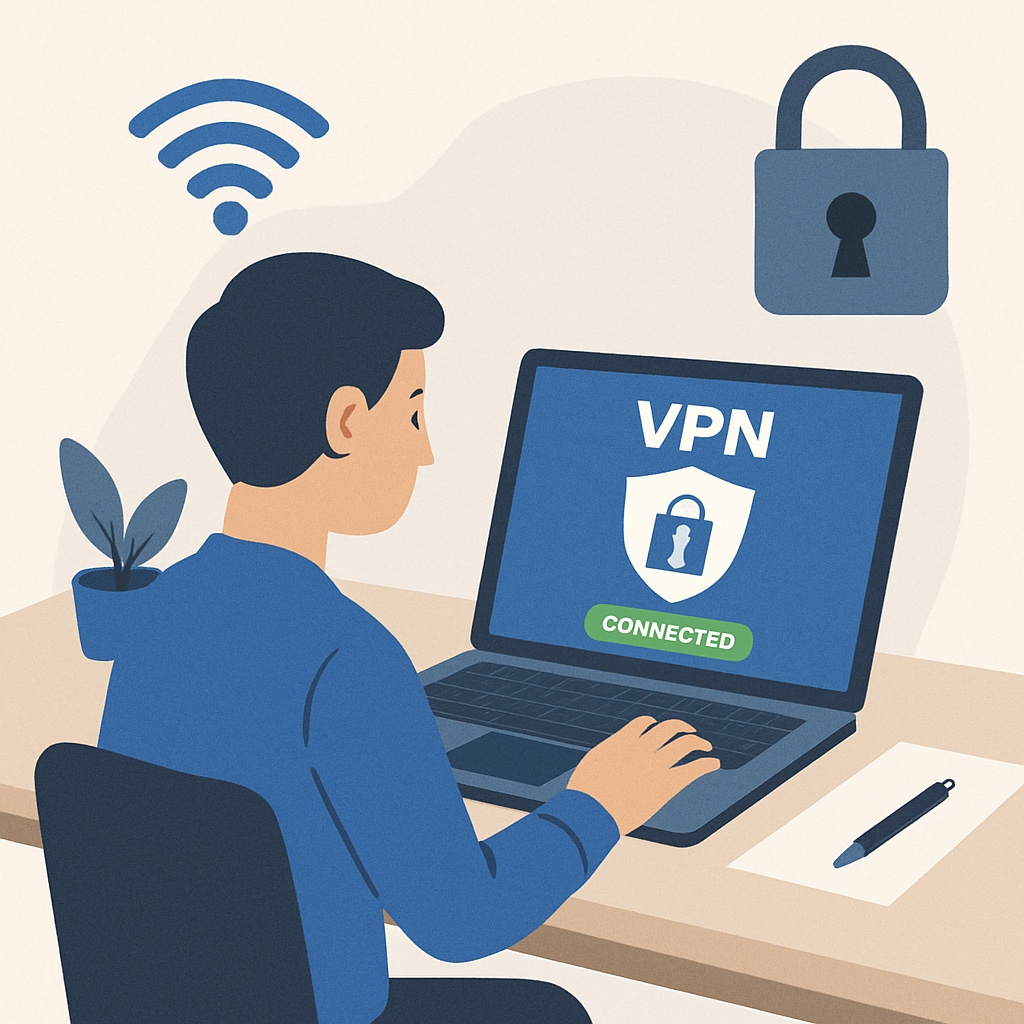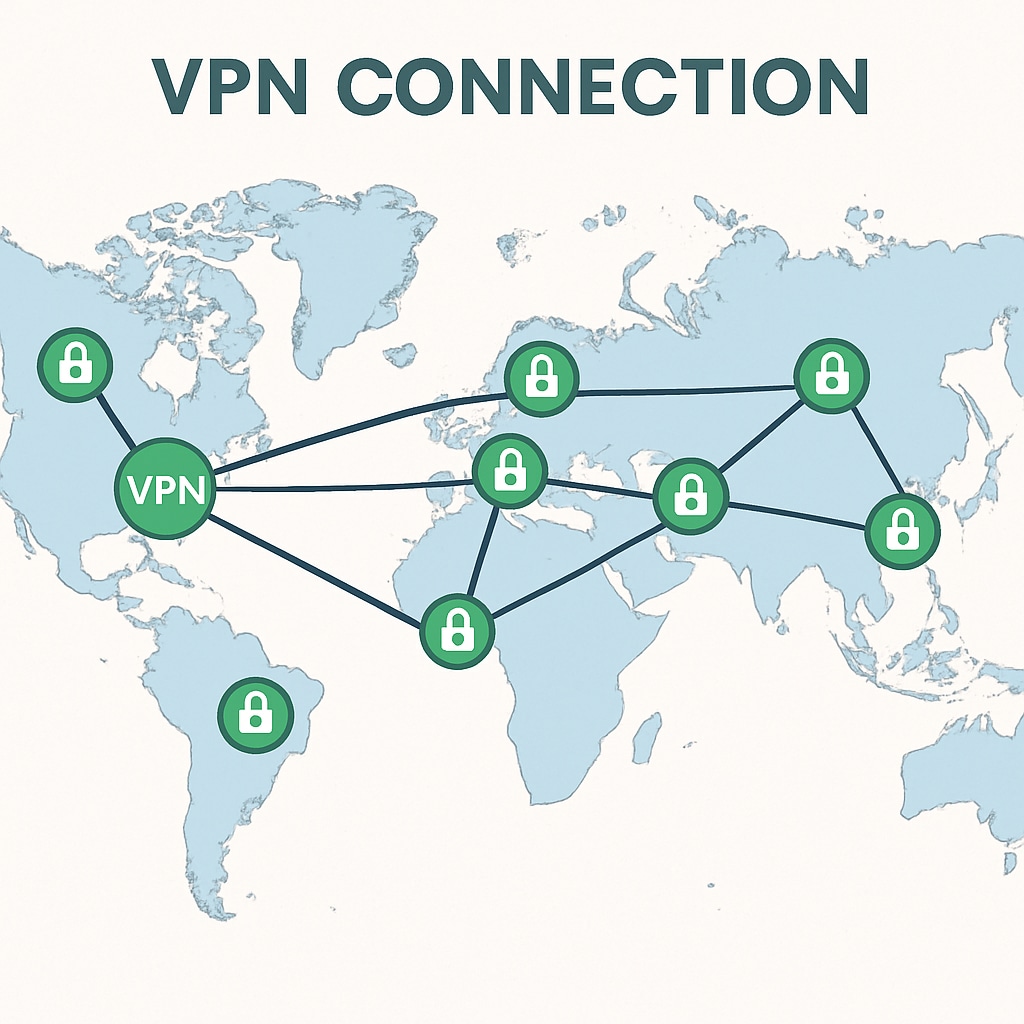The introduction of the UK’s age verification law has led to a significant increase in the use of Virtual Private Networks (VPNs). This regulation, designed to restrict access to adult content by verifying users’ ages, has inadvertently prompted many individuals to seek out VPN services as a workaround. The widespread adoption of VPNs raises critical questions about privacy, enforcement, and the effectiveness of digital legislation.
What is the UK’s Age Verification Law?
The UK’s age verification law was implemented as part of an effort to protect minors from accessing adult content online. Under the legislation, websites hosting adult material are required to verify users’ ages through government-approved methods, such as ID checks or credit card authentication. The law aims to create a safer online environment for children, but its rollout has been met with widespread criticism due to concerns over privacy and practicality.

Why Has VPN Usage Skyrocketed?
Since the law’s introduction, VPN usage in the UK has surged. VPNs allow users to mask their IP addresses and appear as though they are browsing from another country, effectively bypassing the age verification requirements. This technology has become an appealing option for those concerned about sharing sensitive personal information required by the law. Additionally, VPNs offer enhanced privacy and security, further incentivizing their adoption.
Key reasons for the rise in VPN usage include:
- Privacy concerns: Many users are hesitant to provide personal information to third-party age verification systems.
- Accessibility: VPNs enable users to bypass restrictions and access content from other regions.
- Cost-effectiveness: With free and affordable VPN options widely available, users find it easy to circumvent the law.
The Broader Implications of VPN Adoption
While the surge in VPN usage highlights the public’s resistance to the age verification law, it also underscores broader challenges in enforcing digital regulations. Authorities face difficulties in ensuring compliance when users can easily circumvent rules through widely available tools like VPNs. Furthermore, this trend raises questions about the balance between online safety and individual privacy.

Experts warn that reliance on VPNs could inadvertently expose users to risks, such as data breaches or malware from untrustworthy providers. Meanwhile, the debate continues over whether such legislation effectively achieves its intended goals or simply drives users toward alternative solutions.
Looking Ahead: Can the Law Be Enhanced?
To address the unintended consequences of the age verification law, policymakers may need to explore alternative approaches that balance safety and privacy. Potential solutions include:
- Decentralized verification systems that prioritize user anonymity.
- Enhanced public awareness campaigns about the risks of unregulated VPN services.
- Collaboration with technology providers to create more secure and user-friendly age verification methods.
As technology evolves, so too must the strategies for regulating it. The UK’s experience with this law serves as a cautionary tale for other nations considering similar measures.
Readability guidance: This article maintains concise paragraphs, incorporates lists for clarity, and uses transition words to ensure smooth flow. Technical terms such as VPN are explained for accessibility, and passive voice usage is minimized.


